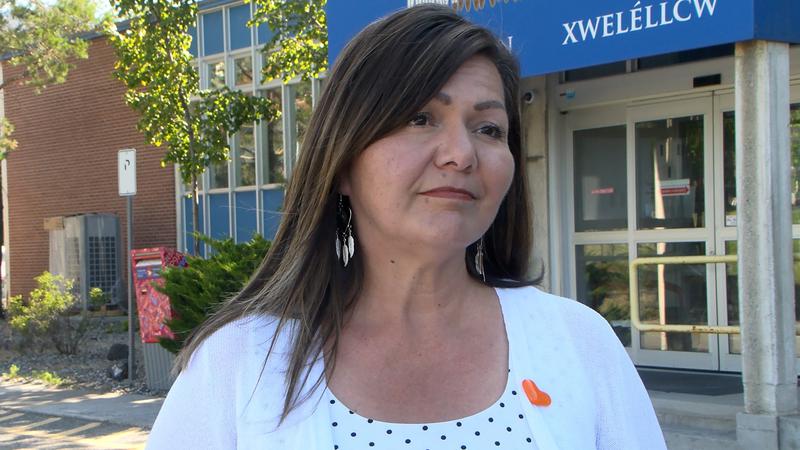
Kúkpi7 Rosanne Casimir hopes papal visit to Edmonton will be a meaningful step forward in truth and reconciliation
TK’EMLUPS TE SECWEPEMC — Tk’emlups te Secwepemc Kúkpi7 Rosanne Casimir left for Edmonton Sunday (July 23) morning. When she and a delegation of Tk’emlups community members arrive there, they will see Pope Francis for a second time.
Casimir hopes that Francis has been thoughtful since she and other delegates visited the Vatican in late March.
“My hope is that he had time and opportunity to reflect [on] the painful past and the trauma that have been inflicted on First Nations, Indigenous and Inuit people,” said Casimir.


